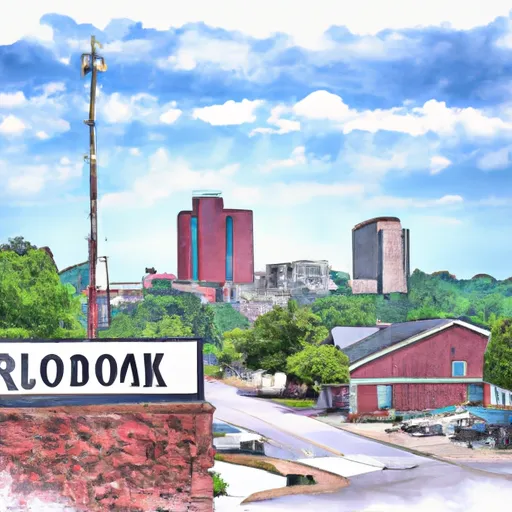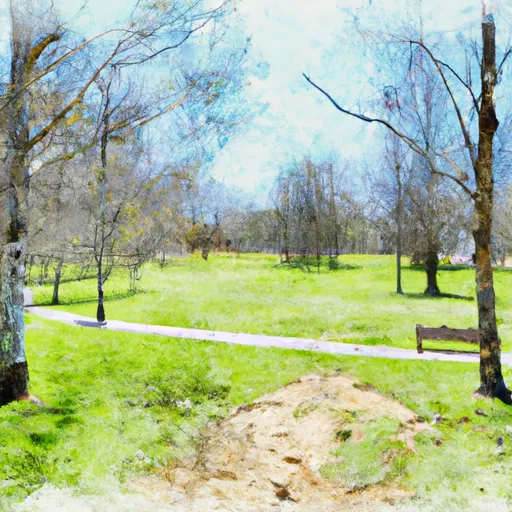°F
°F
mph
Windspeed
%
Humidity











Rockford, Alabama is a small town located in Coosa County. It experiences a humid subtropical climate characterized by hot, humid summers and mild winters. Average temperatures range from the 30s in winter to the 90s in summer, with July being the hottest month. Rainfall is evenly distributed throughout the year, with May being the wettest month. The area is prone to occasional severe weather, including thunderstorms and tornadoes.
The town is surrounded by numerous water bodies, including Lake Mitchell and the Coosa River. These hydrology constituents provide ample opportunities for outdoor recreation, particularly water-based activities. Fishing enthusiasts can find a variety of fish species, such as largemouth bass, crappie, and catfish, making it a popular destination for anglers. Boating, kayaking, and canoeing are also popular activities on the lake and river.
In addition to water activities, Rockford offers outdoor enthusiasts opportunities for hiking and camping. The nearby Hollins Wildlife Management Area provides trails and hunting opportunities. For those interested in history, the Horseshoe Bend National Military Park is located nearby, offering a glimpse into the area's rich historical past. With its diverse climate, abundant waterways, and outdoor recreational opportunities, Rockford is a charming destination for nature lovers.
Weather Forecast
Rockford receives approximately 1395mm of rain per year, with humidity levels near 86% and air temperatures averaging around 17°C. Rockford has a plant hardyness factor of 8, meaning plants and agriculture in this region tend to thrive here all year round.
Regional Streamflow Levels
254
Cubic Feet Per Second
35
Cubic Feet Per Second
373
Cubic Feet Per Second
85
Cubic Feet Per Second
Nearby Camping
| Camping Area | Reservations | Toilets | Showers |
|---|---|---|---|
| Topsail Hill Preserve State Park | |||
| Rocky Bayou State Park | |||
| Frank Jackson State Park | |||
| Mid Bay Shores Military | |||
| Grayton Beach State Park | |||
| Gunter Hill |



